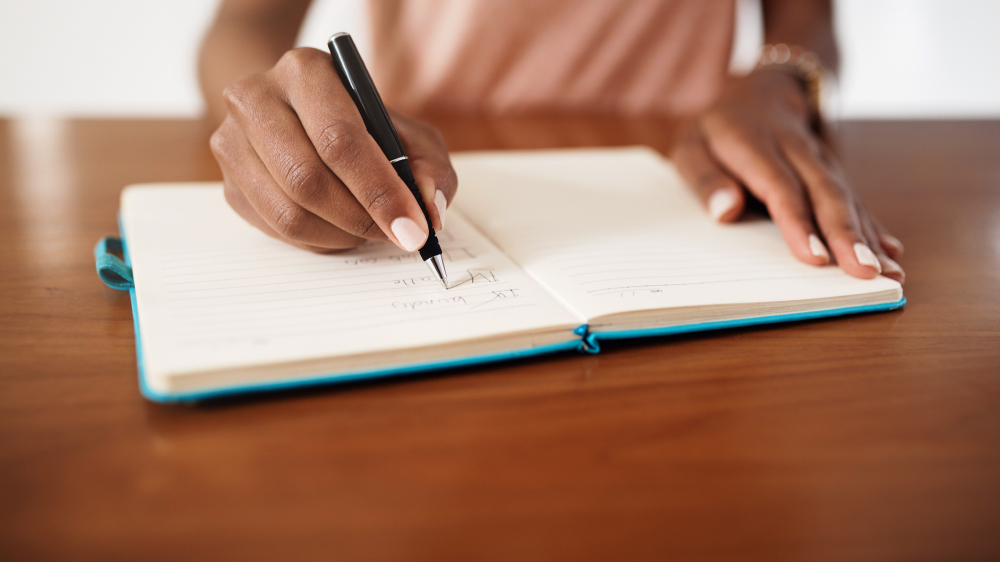If you’re interested in sharing your opinion on any cultural, political or personal topic, create an account here and check out our how-to post to learn more.
____
At the beginning of the pandemic, I was lost like many others. I had just taken a plane ride from New Jersey to California, and during that time indoor dining was still a “thing” and hugs weren’t dangerous. The idea of COVID-19 lasting longer than a month or so was laughable. Those days feel almost a millennia ago as we are now getting used to what everyone is calling the “new normal.”
I had just finished writing for a campaign and was running on fumes. Writing was always something that intrigued me, but after non-stop movement on a campaign, the pandemic felt like a much-needed vacation. I slept the first two weeks of California’s stay at home order and when I finally came out of my post-campaign exhaustion, I realized the world was not how I had left it. Jobs had dried up, hospitals were filled to the brim with patients hooked up on ventilation and every restaurant, bar, movie theater and shop was closed. So not only was I unemployed during a time when every company was laying off employees, but I also had no clue what I was going to do next. Who was I without a job? Who was I without an outside life filled with friends, family gatherings and birthdays?
My anxiety began to creep up like tendrils over the weeks to come. I applied for hundreds of jobs only to be met with either rejection or a reminder that we’re not hiring during a crisis. Interview after interview was met with rejection after rejection. When I was on the campaign, I thought I was a good writer. I knew I had a lot to learn, but I believed my time as a journalism major had prepared me for what was to come. During those brief blissful moments during the campaign, it had. But how does college prepare you for a global pandemic and economic downfall? The answer is, it doesn’t.
I pasted on a fake smile that didn’t quite reach my eyes for every interview and got up every day looking for my next move. As weeks turned into months looking for a job, my resolve slowly began to fade. After what felt like the millionth interview and rejection, I sat in front of my bathroom mirror, tears streaming down my face looking at the unrecognizable girl that sat staring back at me.
I felt like a failure and a terrible writer — and who could blame me? Every writing interview I had ended the same way: rejection. Finally, after two months of unemployment, I found a company to take a chance on me. I was not writing, but that seemed like a good thing for me. After all, a job offer during a pandemic is a miracle in and of itself.
I was two weeks into my new job when May 25, 2020, hit me like a ton of bricks. It was the day of George Floyd’s death, the murder of an innocent Black father by the police. The news numbed my entire body and sent tingles down my spine. In the weeks to come, riots, protests and calls for police reform rang through the streets in cities all over the country.
I, like many others, wanted to storm the streets and protest in honor of the Black lives that were taken from this world too soon. But unfortunately, at an early age, I was diagnosed with severe asthma, which made me a prime candidate to face challenges if I were to be infected with COVID-19. I also had two autoimmune disorders and an immune system that my doctor would call weak, even on its best day. I felt helpless. I wanted to be a part of the change. But what could I do when the risk was too high for me to protest? I had experienced first-hand police officers’ use of excessive power myself. It was a tale I had only shared among close family and friends.
The death of George Floyd hit close to home for me, but what was I supposed to do? I did the only thing I knew how to do — I wrote and told my story and the personal encounters of discrimination and racism I faced being a young woman of color. I did what George Floyd can no longer for himself because he is no longer here. I told my story and I let others know what it is like to be a person of color living in this country, the fear and the pain we feel on a regular basis.
This pandemic has taken so much from this country and its people. Even with all the loss, pain and suffering, I’d like to think of how through this time of great uncertainty, I found one glimmer of hope in the seemingly dark tunnel. I found my voice and was able to tell not only my story, but the story of those who are no longer here to tell their own. I found my passion for writing again and for that, I am forever grateful.
